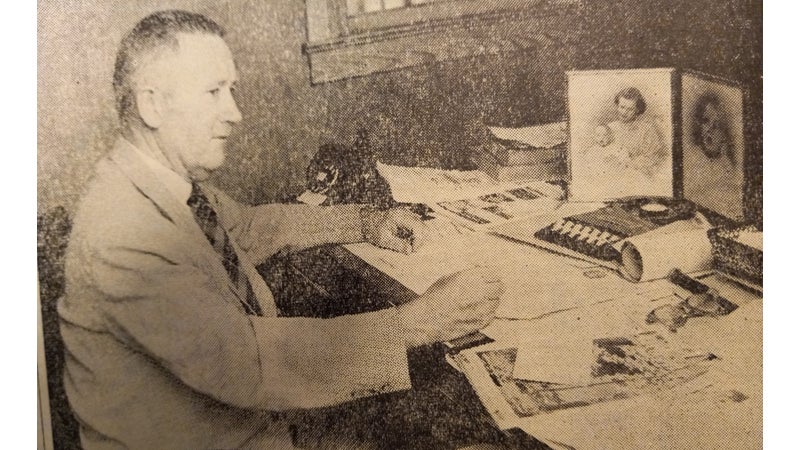Control how you react to abusive behavior
Published 12:15 pm Saturday, January 18, 2014
by Abbie Long
Question: Less than a month ago I realized I have been in a mentally abusive marriage for almost 20 years. For many years, I’ve tried to fix my problems that my husband told me were the cause of his degrading actions toward me. I just couldn’t so the abuse seemed very deserved. Now I see that no human, including me, deserves the abuse and I’m faced with a decision, to leave the marriage or not. Here’s the problem. My husband has less than a year to live. I have been his primary caregiver for five years, he has little family other than me, and I don’t know how he would navigate his medical care without my help. I just don’t know if I can take his yelling and putting me down another day but I would feel so guilty for leaving. Please offer an encouraging word and your advice.
Answer: Soon after reaffirming your decision to make this day a great one regardless of any seemingly negative circumstance that may try to convince you otherwise, you ascend the steps with a breakfast tray in your hand, a purposeful smile on your face, and a determined confidence in your step. Not even today’s earlier-than-normal start could tarnish your spirit.
Once you in masterful artistry and perfect balance conquer the ascent, you approach the tightly closed bedroom door and pause. As you take a deep breath, you remind yourself you have three and only three tasks waiting for you on the other side.
One is to deliver medicine, another to deliver breakfast and the last is to remain calm yet assertively positive at all times. Now you are ready. You open the door, enter, and say, “Good morning. It’s time to get up.
I have your medicine and breakfast.” Since none of these tasks require the use of extraneous words, you remind yourself of a previously learned lesson; the fewer words you use the better off you are. After promptly completing your three tasks, you ask on the way out, “Can I do anything else for you before I leave?”
As you descend the steps you feel a peace deep within your spirit. A feeling that is relatively new to you and one that is devoid of potential regret because you are fulfilling the three requirements of your job to the best of your current ability.
For the many years prior to receiving this peace, you saw the daily care of your patient as an emotionally painful journey full of doubt and regret. Now, however, you see the care of your patient as a non-emotionally challenging job full of blessings and hope.
Picture yourself as, and then believe in yourself to become, a mirror image of the previous scenario’s caregiver. Not only will successful adoption of her attitude help you find peace in your heart, it will potentially help your husband find the same in his. To aid you in your efforts, remember the following: you cannot control how your husband/patient treats you, but you can control how you react to his treatment.
Be strong and know you have the ability to do the job you have been given and accept the fact that more than likely you will have many years, none of which deserve to be held in bondage by guilt, left to live after your patient has passed.
As you adopt and implement a new attitude of calm assertion, which includes refusing to no longer allow your husband’s degrading treatment to hurt your spirit, he will lose motivation to continue his efforts.
This outcome is probable because the reason your husband attempts to degrade you is likely in order to turn your happiness to sorrow. He knows if you are not feeling dejected and beat up he runs the risk of being exposed to any happiness you may bring into his presence.
Happiness heightens his awareness of the pain he feels from not having accepted his near and inevitable death. Once your husband begins to get the opposite of what he wants, your joy instead of your sorrow, he will have no reason to use his quickly dwindling energy on his previously successful yet draining approach.
You must begin to see the painful experiences in your life, and the triumphs related to them, as gifts you have been blessed to receive. You will be able to use these gifts at some point in the future to help others who are going through similar situations.
Position yourself at this vantage point and you will not only regain all that has been taken from you for the last 20 years, but also lessen the load of the tray you must carry on your daily ascents and descents.
ABBIE LONG is a Franklin native and advice columnist for The Tidewater News. Submit your questions to askabbie@tidewaternews.com


